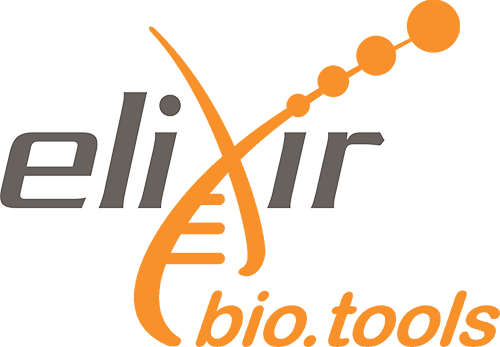e-learning
Mass spectrometry : GC-MS analysis with metaMS package
Abstract
A lot of packages are available for the analysis of GC-MS or LC-MS data. Typically, hardware vendors provide software that is optimized for the instrument and allow a direct interaction of the lab scientist with the data. Some other open-source alternatives such as XCMS are also able to be integrated easily in web interfaces, allowing large numbers of files to be processed simultaneously. Because of the generality of packages like XCMS, several other packages have been developed to use the functionality of XCMS for optimal performance in a particular context. Package metaMS does so for the field of untargeted metabolomics, focuses on the GC-MS analysis during this tutorial. One of the goals metaMS was to set up a simple system with few user-settable parameters, capable of handling the vast majority of untargeted metabolomics experiments.
About This Material
This is a Hands-on Tutorial from the GTN which is usable either for individual self-study, or as a teaching material in a classroom.
Questions this will address
- What are the main steps of GC-MS datas processing for metabolomic analysis ?
- How te be able to annotate the maximum of unknowns using Galaxy ?
Learning Objectives
- To be sure you have already comprehend the diversity of MS pre-processing analysis.
- To learn the principal functions of metaMS package through Galaxy.
- To evaluate the potential of this new GC-MS workflow for GC-MS metabolomic analysis.
Licence: Creative Commons Attribution 4.0 International
Keywords: Metabolomics
Target audience: Students
Resource type: e-learning
Version: 7
Status: Draft
Prerequisites:
- Introduction to Galaxy Analyses
- Mass spectrometry: LC-MS analysis
Learning objectives:
- To be sure you have already comprehend the diversity of MS pre-processing analysis.
- To learn the principal functions of metaMS package through Galaxy.
- To evaluate the potential of this new GC-MS workflow for GC-MS metabolomic analysis.
Date modified: 2023-11-09
Date published: 2021-09-22
Contributors: Cristóbal Gallardo, Mélanie Petera, Saskia Hiltemann, Yann Guitton
Scientific topics: Metabolomics
Activity log


